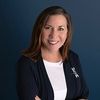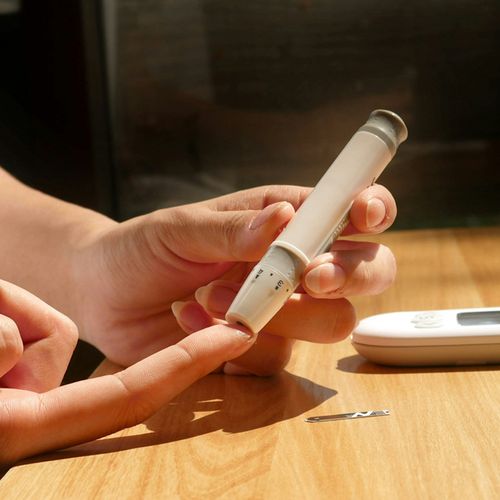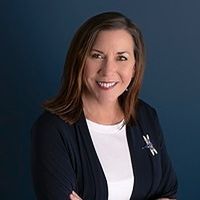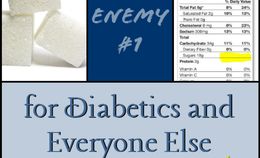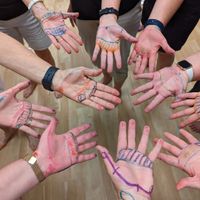As a skilled ER nurse, I thought I had all the answers when it came to managing chronic conditions like diabetes. But when I was diagnosed with Type 1 diabetes myself, I quickly realized that knowing what to do and actually doing it were two very different things.
At first, I struggled to adapt to the lifestyle changes I had explained to so many patients over the years. "Just take your insulin, change your diet, exercise, and you'll be fine!" I would tell them. But I wasn't fine. I felt stressed, ashamed, isolated, and ridden with guilt because I couldn't manage my diabetes perfectly. I would swing between periods of rigid, by-the-book diabetes care and times where I could barely manage the bare minimum.
The hardest part was that no one seemed to understand what I was going through. For years, the only "support" I got from the traditional medical system was being told to "do better." At doctor visits, they would point out all the ways I was falling short with my glucose control, as if I didn't already know. I was labeled as "non-compliant" and treated like I was defective. They were laser-focused on my blood sugar numbers but completely ignored the impact diabetes was having on my mind, emotions, and spirit.
About three years after my diagnosis, I hit a low point. I was completely drained, both physically and emotionally. I would beat myself up mercilessly if my blood sugars weren't perfect, if my doctor had any criticism, or if anyone commented on my food choices. As a nurse, I felt like I should know how to handle this disease, but I was struggling. Then, as if by serendipity, friend finally convinced me to talk to a counselor. The counselor helped me understand that what I was feeling was a normal response to the relentless stress and demands of managing a chronic disease like diabetes 24/7. Losing the function of an organ, needing to rely on external insulin to survive, the cost of medications, the judgment from others - it was a lot for anyone to cope with. The counselor offered me antidepressants, but I declined. I didn't feel mentally ill, just overwhelmed with trying to manage without a working pancreas. That's when I realized I needed to find my own path forward.
Over time, I discovered that strategies I learned in the corporate world, like communication skills, motivation techniques, and group dynamics, had parallels that applied to my life with diabetes. They helped me advocate for myself, understand my behaviors, and relate better to others. Slowly but surely, I started to take my life back.
The real turning point came when I embraced the symbolism of the dragonfly - representing transformation, adaptability, and self-realization. I learned to accept my situation, release old beliefs holding me back, and view myself in a new way. Around this time, I also discovered the field of nurse coaching and their philosophy of holistic, whole-person care - tending to body, mind and spirit. I became certified as a nurse coach myself and everything clicked into place.
I still have to take insulin, as there is no cure for Type 1 diabetes. But I've learned to use mindfulness, meditation, and intuition alongside my medication to achieve greater wellness. By accepting and nurturing all aspects of myself, I've found resilience, mental clarity and more ease in managing this ever-present disease.
This journey inspired me to start helping others with diabetes in a new way, through holistic nurse coaching. I offer a 5-step video program called Better Diabetes Life, private 1-on-1 coaching, and mini-workshops - all aimed at addressing diabetes distress, the emotional burden that comes with this diagnosis.
My goal is to empower people with diabetes to navigate not just the physical demands, but their inner world too. To help them see that they are whole and capable, not defective or "non-compliant." I use tools like guided meditation, reflection, polyvagal techniques, and trauma-informed approaches to help clients regain a sense of agency in their lives.
The most common thing I hear is "Why didn't someone tell me this sooner?!" I believe the world is ready for this kind of whole-person diabetes care. Whether it's finding your footing in the health system, exploring your own mind, or reconnecting with your body, I'm here to walk that path alongside you. Because true healing comes from realizing that you are so much more than a disease to be "managed." You are a capable, worthy human being, and you deserve to thrive.
